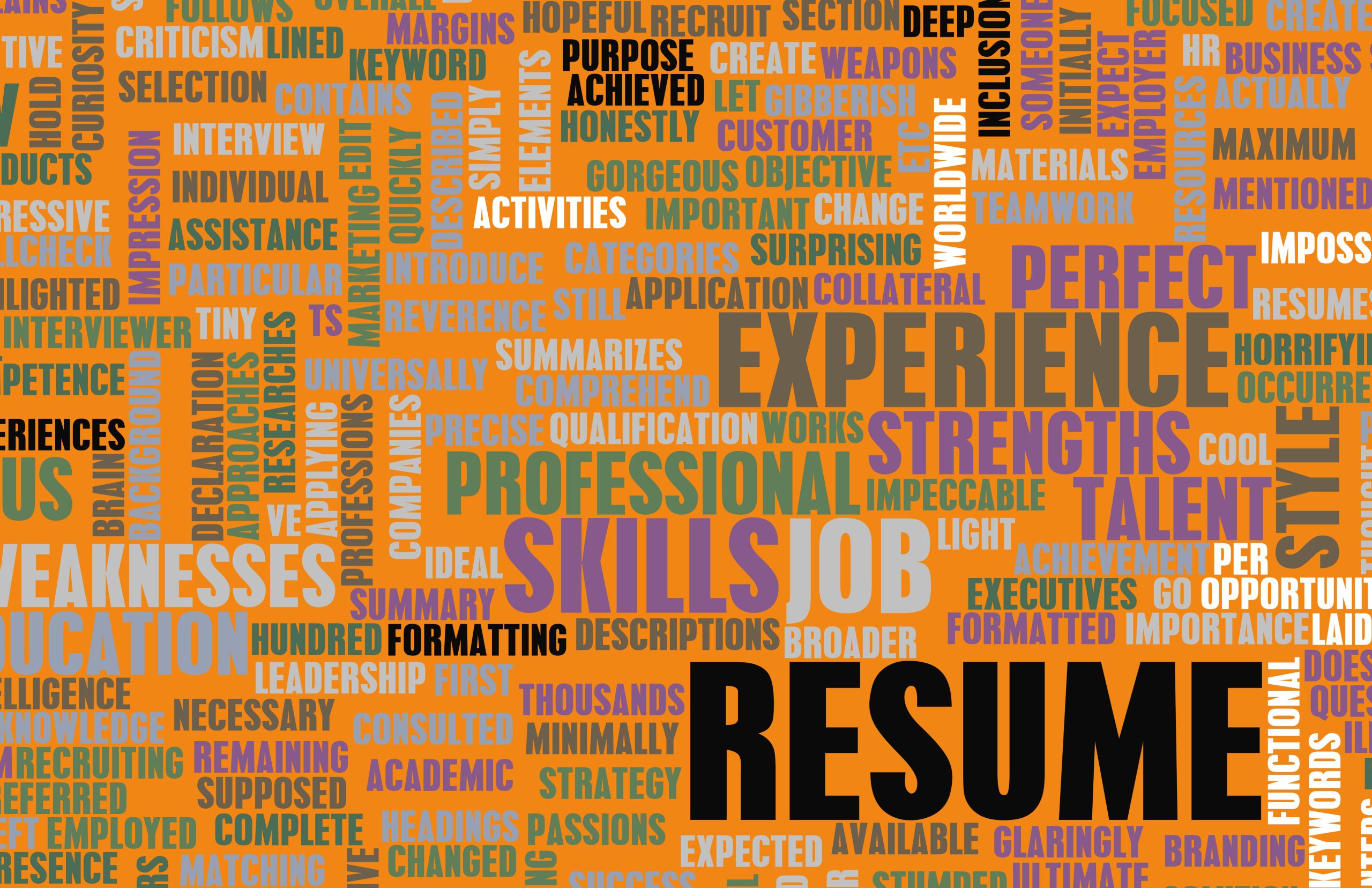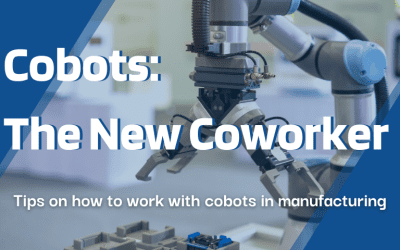From the barrage of job search sites, to the ever changing online application and “build your resume” technology, the landscape of job seeking has changed drastically during the age of the internet. For anyone born prior to 1950, job seeking would be like moving to a foreign country and trying to speak the language without a translator. Gone are the days of putting on a suit, printing resumes on fine linen stock and walking into an office to introduce oneself and request to meet with the office manager for an interview. Depending on your personality and perhaps your generation, the technology involved with finding a job in the 21st century can be either positive or negative. And while there are many benefits to the online process, the system in place often creates an enormous pool of applicants. Many resumes and applications, often good and desirable ones, are lost among the huge quantities received online. This creates a barrier to the next big step: capturing an interview!
One method to avoid getting lost in the masses of resumes is by crafting a keyword driven resume. Many staffing companies and recruiters’ hiring processes begin by examining the span of received resumes utilizing keyword searches run through computer software. If a particular job receives hundreds or even thousands of resumes, there is a chance that those which are not recognized on a search may never get reviewed. Think of large entities such as the federal government, big box stores, and large staffing agencies. With the multitude of applications and resumes received by these companies, it is necessary for yours to stand out so you get noticed.
Therefore, these systems, known as applicant tracking systems have been developed to increase hiring efficiency. That makes it all the more important for you, as an applicant, to know how to better your chances of being considered by constructing your resume(s) through the utilization of keywords. While there isn’t a magic formula to cracking the code of these systems to make your resume reach the top of the list, there are a couple ways you can integrate keywords in your resume that can make it more recognizable. Begin by studying the job description and get a good understanding of both the skills and requirements listed in the post. The keywords are not always overtly clear but having a strong understanding of what the post says will provide some guidance on what to prioritize on your resume. When trying to match keywords from the job description to be placed in your resume, it is important to put those words at the top and, if possible, multiple times without repeating a sentence. Think of it as a game! The goal is to get the computer to find you!
Another tactic in implementing keywords on your resume is to creatively address one topic in multiple ways. For example, if a position specifically asks for proficiency in Microsoft Excel, don’t just list that as one of your abilities/skills. Also include that you’ve developed extensive Excel spreadsheets, taken Excel training courses, and also explained or presented that data to your previous management and/or peers. By doing so, you have both increased your resume’s search-ability and given the recruiter more incentive to then forward to your resume on to a hiring manager and receive that call for an interview.
The job seeking world can be brilliant and therefore tricky. By following these tips in your online application processes, you can give companies a better chance of seeing what a great fit you could be in their organization, while preventing getting lost in a sea of other applicants!
For more tips and suggestions on your career and job seeking, please click here, to visit our resources page. To view open positions with MAU, please visit www.mau.com/jobs.




-400x250.png)